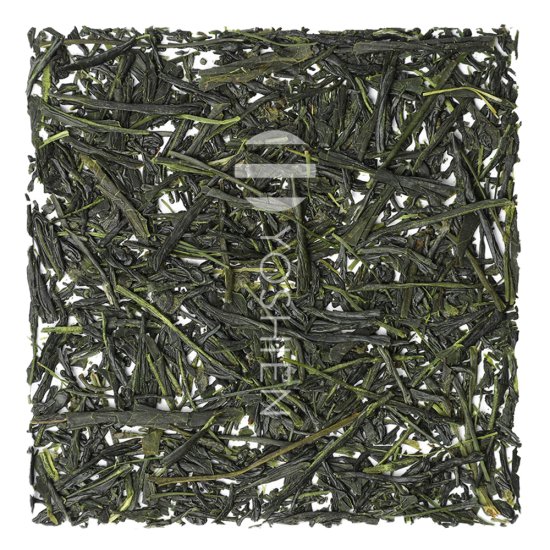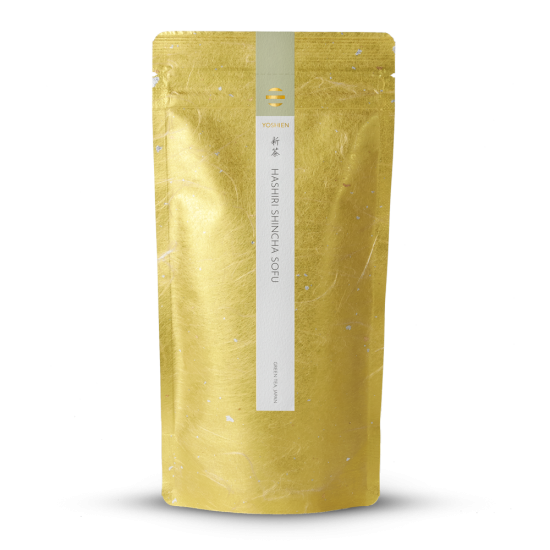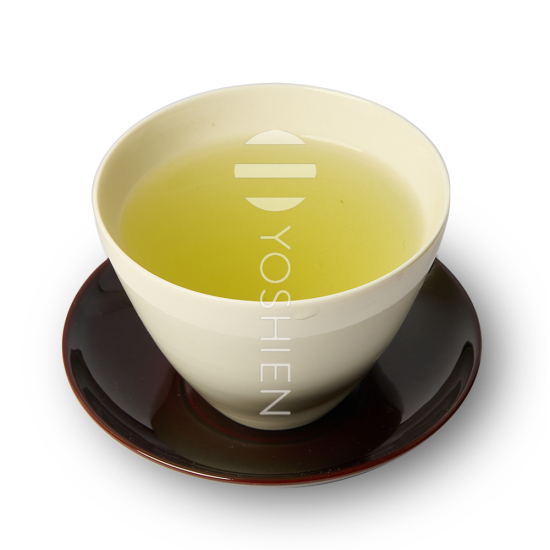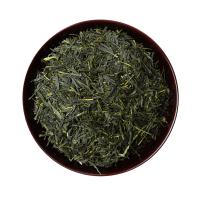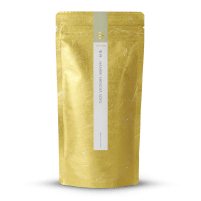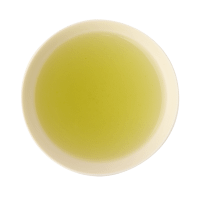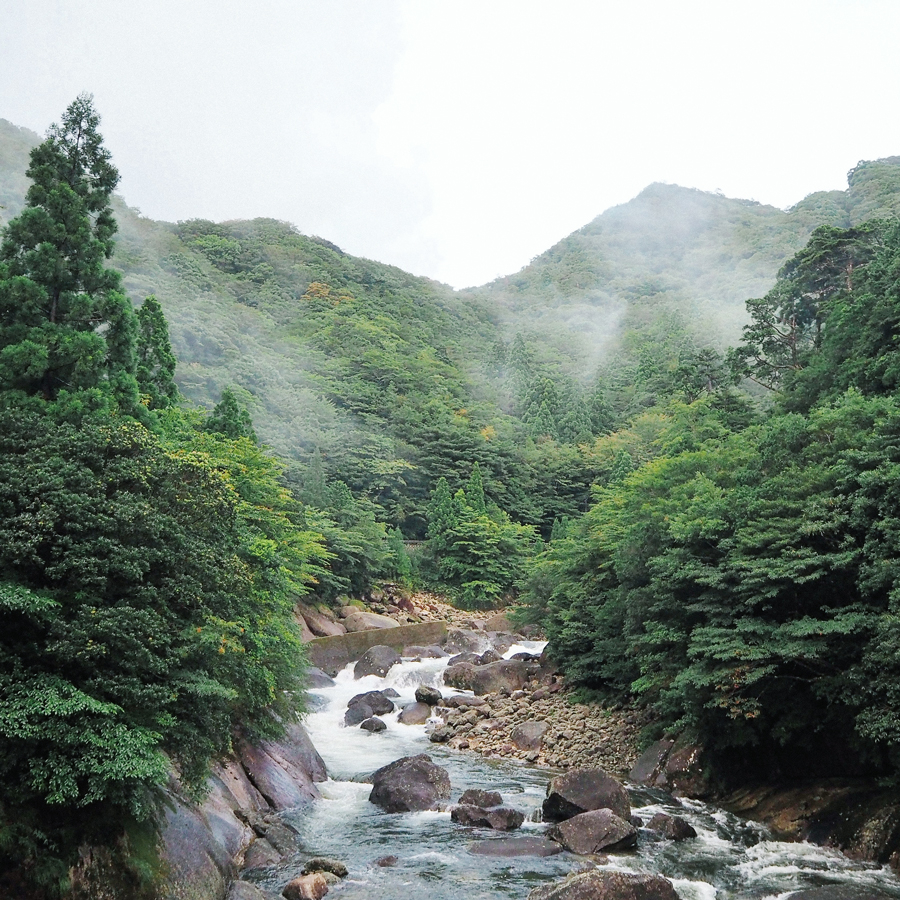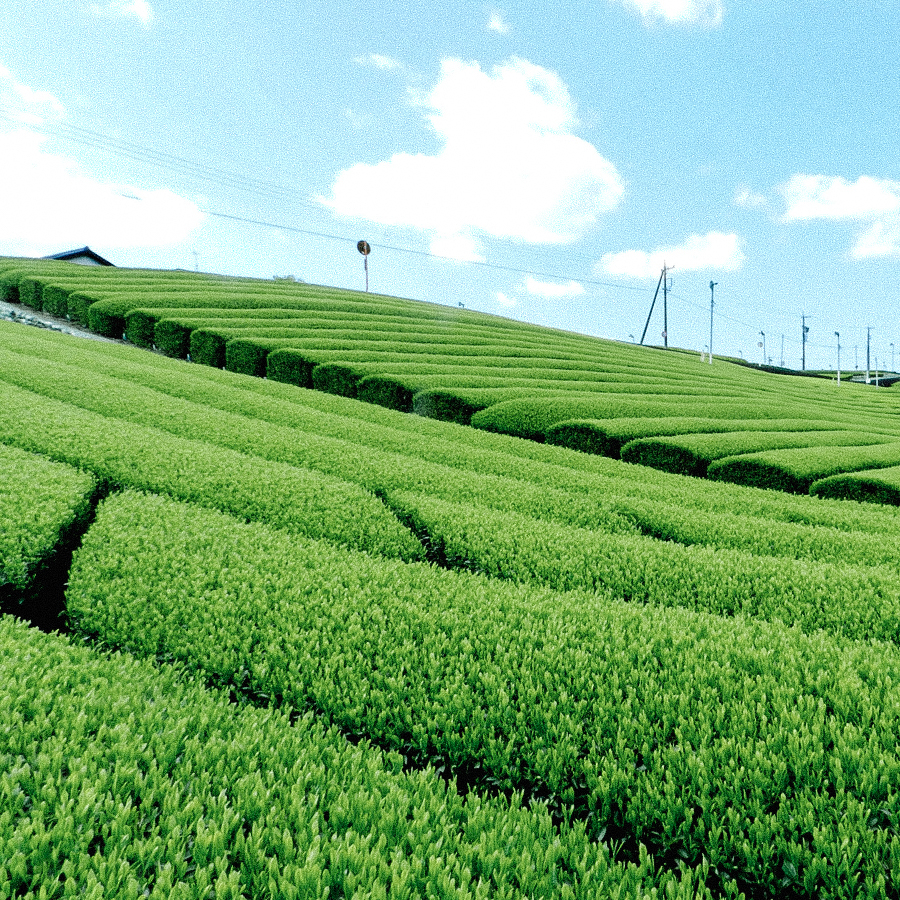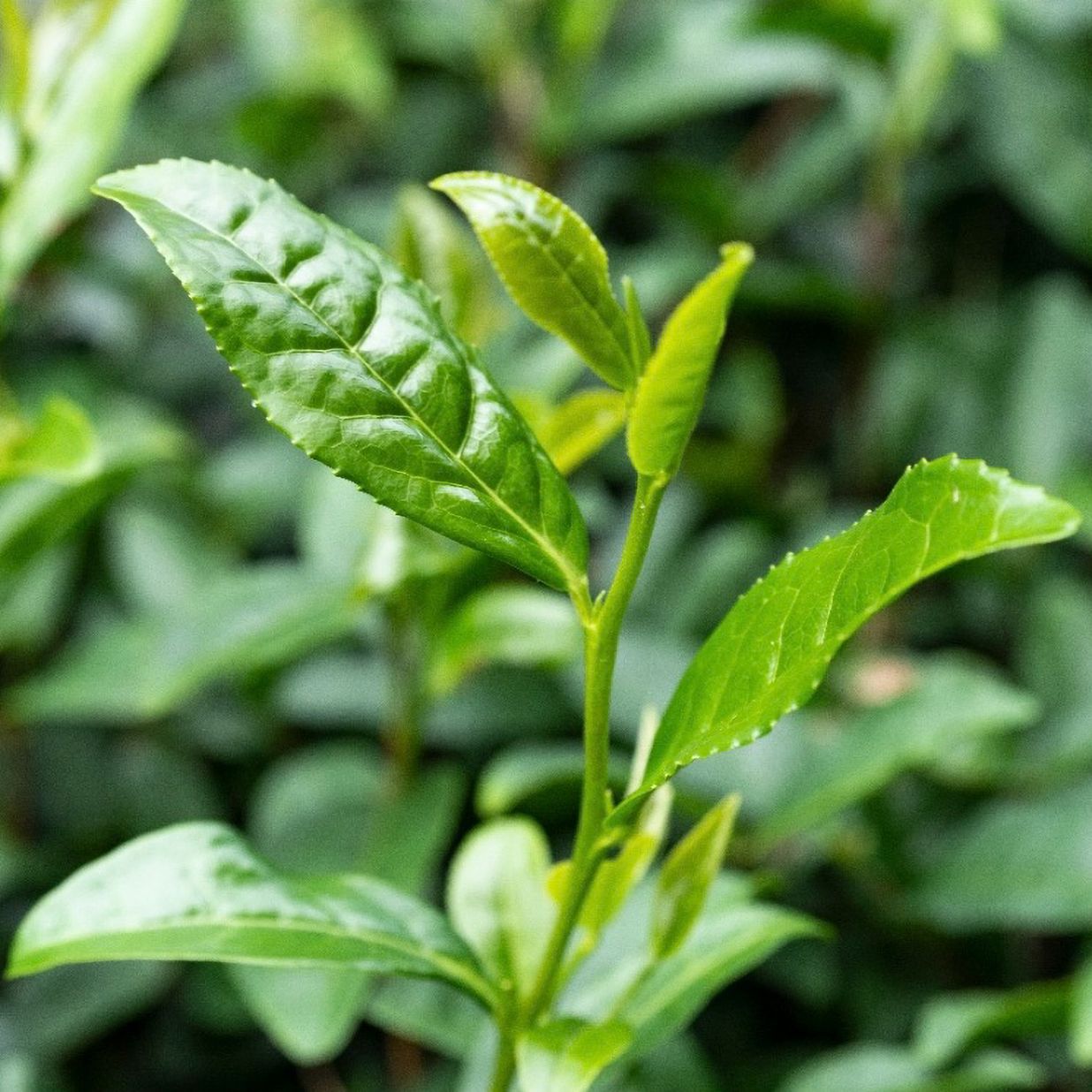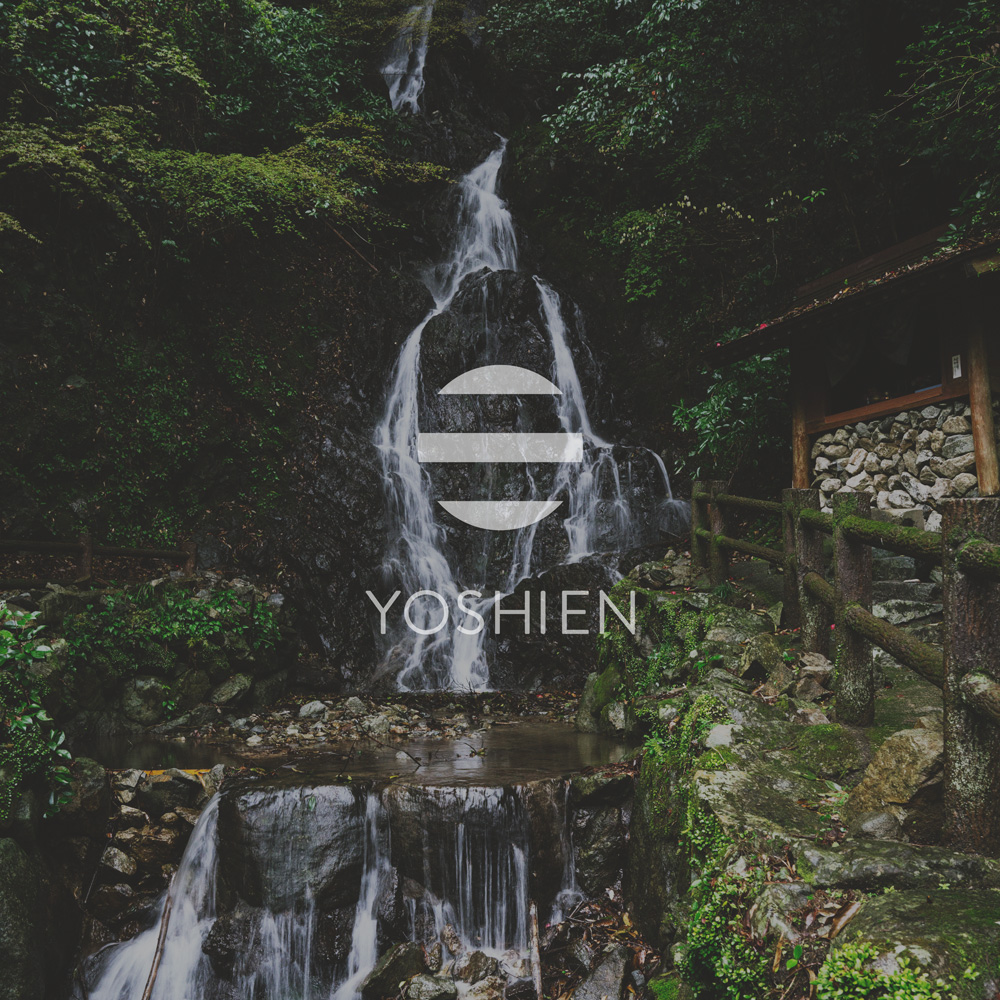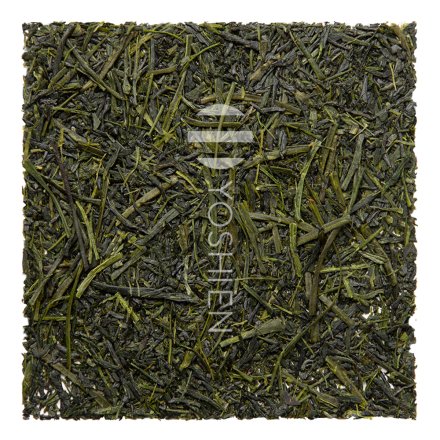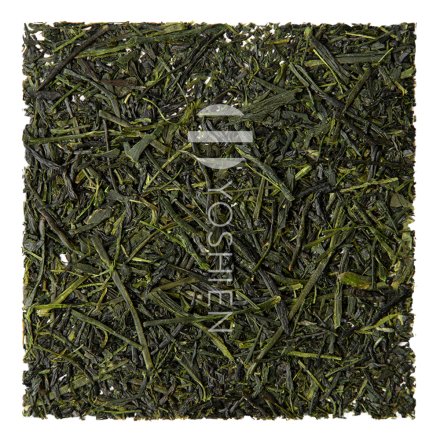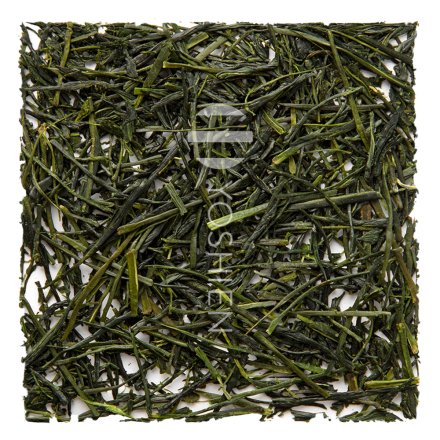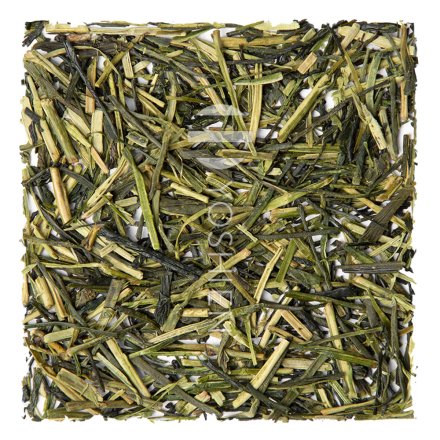A UNESCO World Natural Heritage Site since 1993, Yakushima is famous for its unique primeval landscape. 90% of this subtropical island is covered by the temperate Mononoke rainforest, which hosts approximately 300,000 tourists annually, of which many come for hiking activities.
The average temperature is 19.4°C, with an approximately 6–7°C difference between day and night as a result of the high mountains. The snow-covered Mt. Miyanoura peaks at 1936m above sea level and is the highest mountain in Kyushu. Yakushima is therefore referred to as the “Alps of the Ocean”.
The island receives the highest rainfall in Japan at 4400mm per year. As a result, Yakushima not only boasts many waterways and springs, but also a large amount of fog.
Clear water, fog and significant fluctuations between day and night temperatures in this subtropical climate come together to create some of the best conditions for cultivating high-quality sencha.
Single Origin
This tea is sourced exclusively from the above-mentioned tea plantations in Yakushima and is purchased directly from the farmer.




